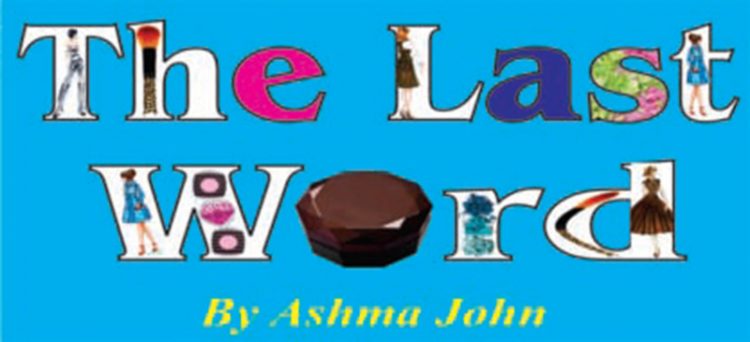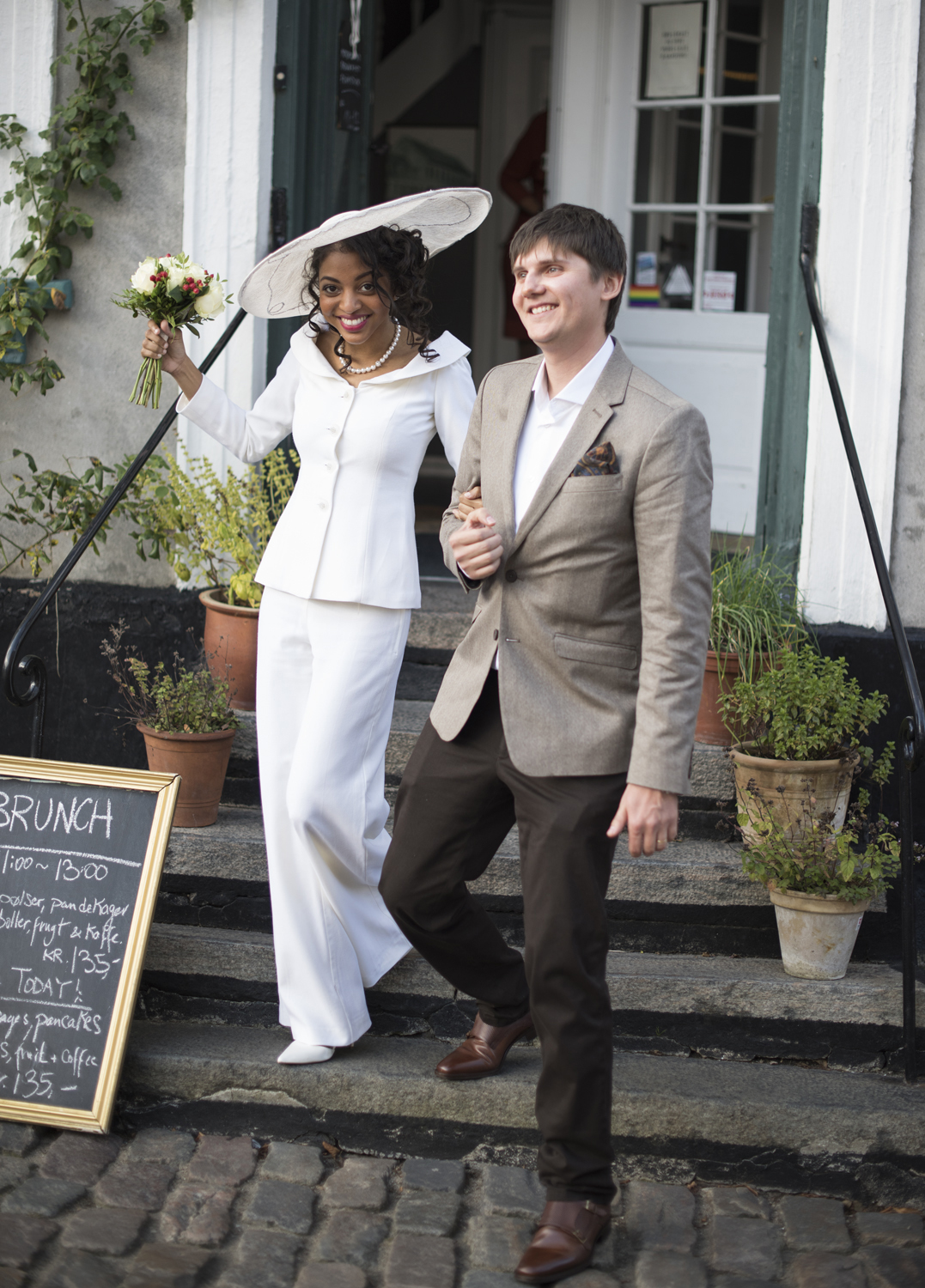 The period between the last week in September and the second week in October always feels like that interval between Christmas Day and New Year’s Day for me.
The period between the last week in September and the second week in October always feels like that interval between Christmas Day and New Year’s Day for me.
Since I got married, it has been a constant chapter of celebration, because I leap straight from my birthday to my wedding anniversary. I strategically planned my wedding date so that I would be a “young bride”. Admittedly, I was consumed by the societal pressure to be married before I turned 30, even though getting married was something that I was always certain about and had been the determining factor in every relationship I had been in.
I suppose 30 is used by society to pressure women because this is the age they are usually reminded of their ticking biological clock. I have been more certain about marriage than I was of children, which is a relatively uncommon thing to hear and even more so for someone who has been married for six years.
A marriage is different from raising a child and while there is no such thing as a perfect parent, mistakes made from parenting can leave children scarred for a lifetime. Marriages can be worked on, responsible adults can communicate but the responsibility of a young impressionable mind terrifies me.
Most of my fears are products of my own childhood trauma and while I acknowledge them and know that I am separate from them, they are nevertheless always there hovering over me. I go back and forth like a yo-yo, brainstorming every possible situation and carefully strategizing my solutions to them sometimes for hours. I couldn’t have made this realization at 26. How could I? This was the age when I first started therapy. I shudder to think of the type of mother I would have possibly been then.
The pressure for women to have children has always been rampant, just like marriage. It comes as a natural expectation and is assumed to be a desire that most women should have naturally. This ‘desire’ is supposed to be so strong that anyone who dares sways from it is automatically branded as infertile. Having children is almost always promoted as opposed to embracing a culture of integrating our personal needs.
I believe somewhere down the line, I will be more comfortable with having children as the fear I had at 26 is different to the fear that I now have at 32. While using age as a tool to measure life goals is problematic, as there should only be the genuine desire to want achieve them wholesomely regardless of age, studies have shown that older mothers have varying parental benefits. According to Tea Trillingsgaard and Dion Summer in their study, ‘Associations between older maternal, use of sanctions , and children’s socio-emotional development through 7,11 and 15 years (2016),’ older mothers were less likely to be harsh and cruel as it relates to discipline and children within these age groups were less likely to develop behavioural and social problems. Trillingsgaard reiterates that “the mothers have more psychological flexibility, more cognitive flexibility, more ability to tolerate complex emotional stimuli from the children”. Even through controlling demographic and socio-economic factors, older mothers still had heightened positive outcomes. Age improves our outlook on life, it humbles us in the most sacred of ways and brings clarity and understanding unexpectedly to our decisions.
There is no doubt that there are successful young mothers and wives as they are older wives and mothers but perhaps they all have one thing in common: wanting to be all of those things and being honest about when they are actually ready for it.










